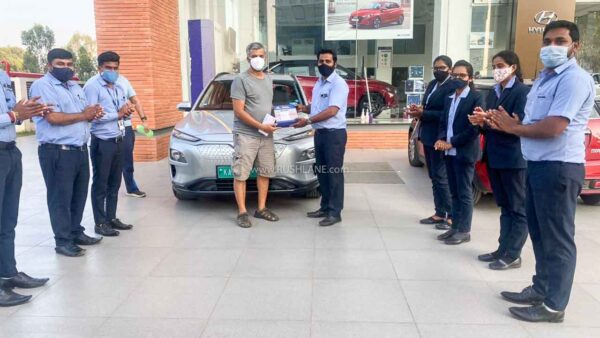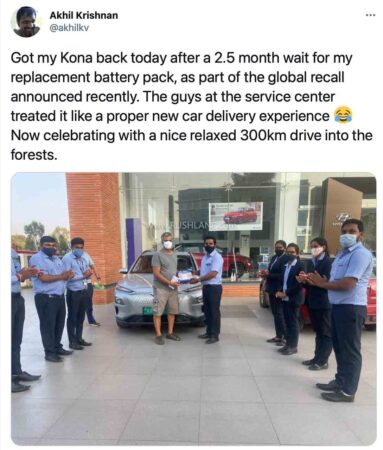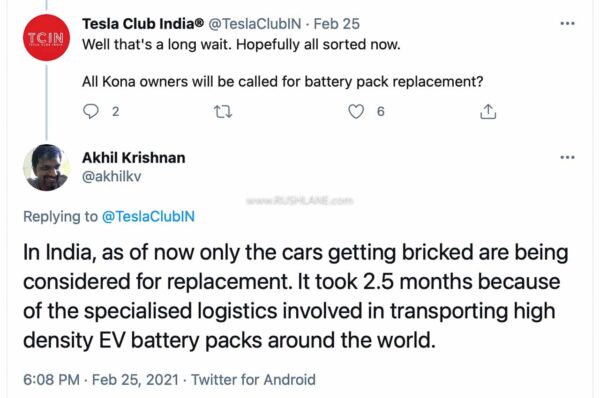
The shift to electric is inevitable, but new challenges are emerging for EV makers
A recent example is that of Hyundai Kona, which had to undergo a large-scale recall across the globe. The recall was extended to India last year, applicable for Kona units manufactured between the period April 2019 to October 2020. Hyundai had sold a total of 456 units during this period, all of which were covered under the voluntary recall notice.
Kona battery issue
Kona recall was carried out to check potential issues with the car’s high-voltage battery management system (BMS). Some users had reported that their Kona would stall after a warning on the MID that asks them to check electric vehicle system. In such cases, most owners had to get their Kona towed to the service centre.
There were conflicting reports as well, wherein a user had said that the problem could be fixed by restarting the engine. However, even if true, such temporary solutions cannot be expected to be the norm for a premium EV like Kona.
An expensive recall
Customers in India have started getting back their Kona after spending several weeks at the workshop. It’s taking longer to patch up the EV, as the entire battery unit is being replaced by Hyundai. It’s not certain if all Kona units will have to undergo the same process, but a significant percentage will have to be updated in this manner.

Akhil Krishnan is one such owner, who recently got his Kona back after the fix said that Hyundai has replaced the entire battery unit. His Kona had to spend two and a half months at the service centre while it was being fixed.
Globally, around 76,000 Kona units are covered under the recall. This will make this recall an expensive exercise for Hyundai. The company has said that it will carry out all the needed updates completely free of cost.
Recalls are not only expensive, but they also impact customer trust and confidence in an adverse manner. EVs are supposed to make things easier for users, but if there are persistent issues, it may prevent people from switching to electric.

Kona specs
Hyundai Kona electric gets its power from a 39.2 kWh Lithium-ion Polymer battery pack. Power is send to a Permanent Magnet Synchronous Motor (PMSM) that generates 136 ps and 395 Nm of torque. Kona has ARAI certified range of 452 km, which is the highest in its class. The range varies based on the drive mode selected – Eco, Comfort and Sport. Kona can accelerate from 0 to 100 kmph in 9.7 seconds.
In terms of safety, Hyundai Kona offers six airbags, vehicle stability management, hill start assist control, electronic stability control, virtual engine sound system for pedestrian safety and ISOFIX child seat mounts.

